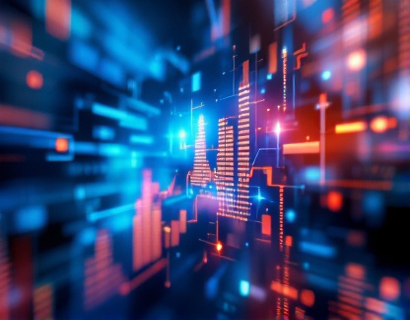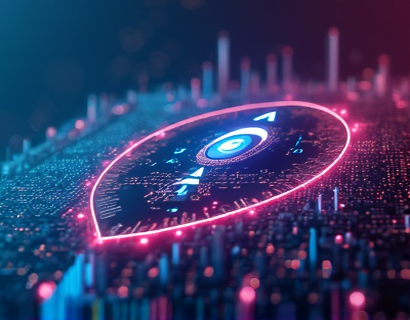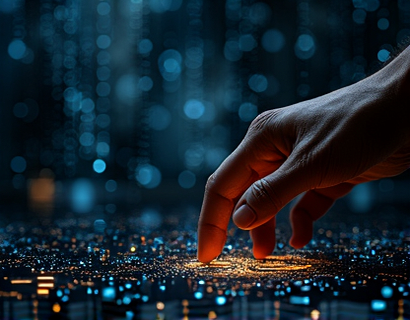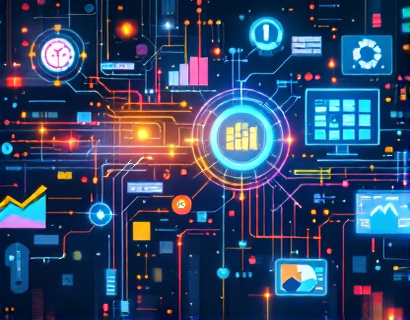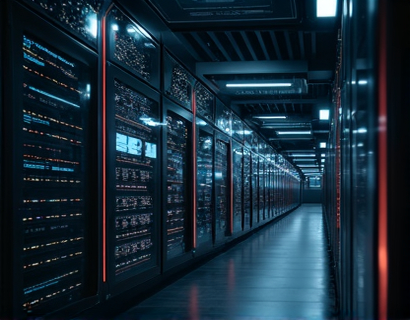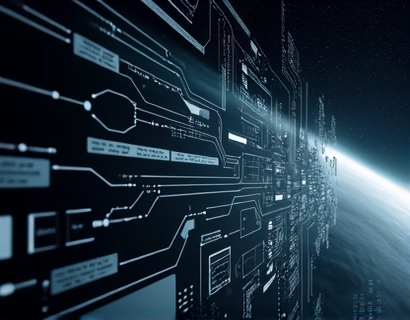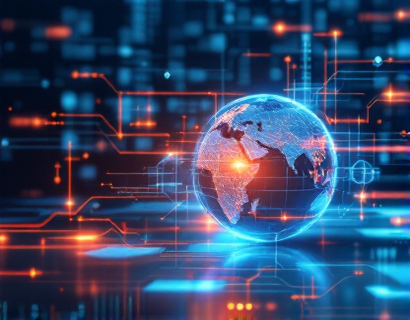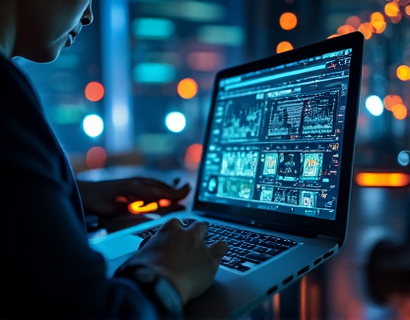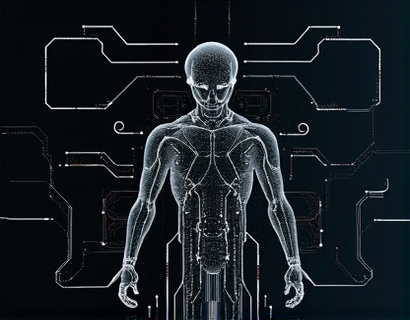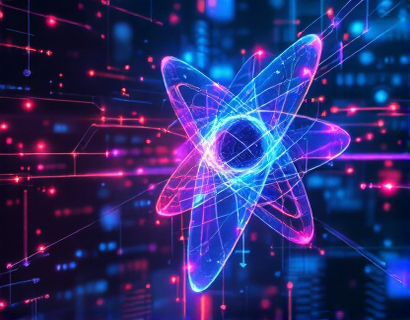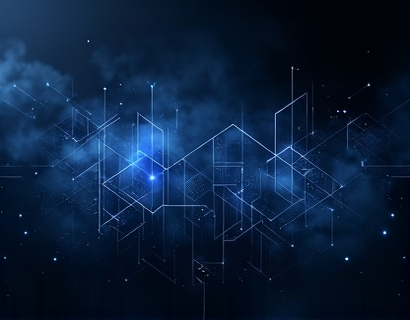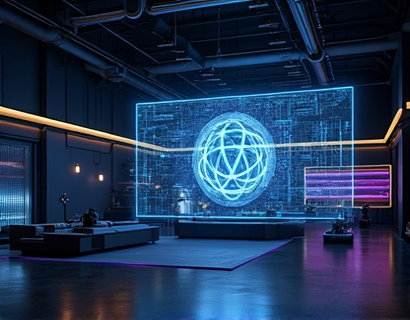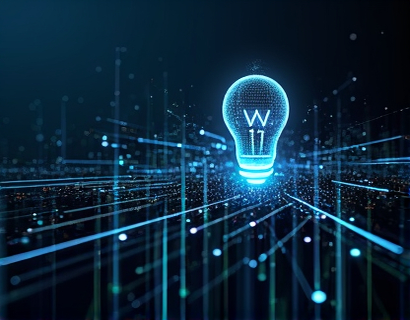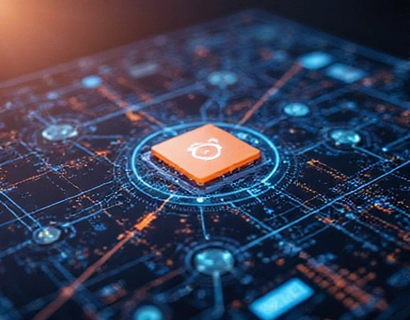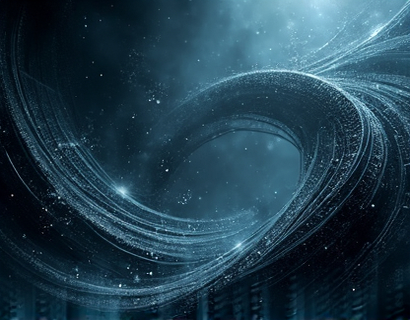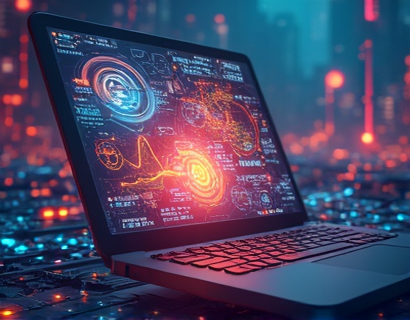Decentralized Innovation: Transforming Digital Productivity with AI and Crypto in the Ucosystem
The intersection of cryptocurrency and artificial intelligence (AI) is giving rise to a new era of decentralized applications and services, fundamentally transforming digital productivity. This fusion is not just an incremental advancement but a revolutionary shift that is redefining how we interact with technology and manage our daily tasks. The Ucosystem, a term used to describe this integrated environment, is at the forefront of this transformation, offering a platform where the power of decentralization, AI, and crypto converge to enhance productivity and simplify complex processes.
The concept of decentralization has been around for decades, primarily associated with blockchain technology. However, the integration of AI and cryptocurrency has elevated decentralized applications (dApps) to a whole new level. These dApps leverage the transparency, security, and decentralized nature of blockchain, while AI brings in the intelligence and automation needed to handle complex tasks efficiently. The result is a more robust, user-friendly, and efficient digital ecosystem that is reshaping industries and daily life.
One of the key benefits of this fusion is the enhancement of digital productivity. Traditional centralized systems often suffer from bottlenecks, single points of failure, and high operational costs. In contrast, decentralized systems powered by AI and crypto eliminate these issues. For instance, smart contracts, self-executing contracts with the terms directly written into code, can automate and enforce agreements without intermediaries. This not only speeds up processes but also reduces the risk of fraud and errors, leading to higher productivity and reliability.
AI plays a crucial role in this ecosystem by providing the necessary intelligence to manage and optimize decentralized processes. Machine learning algorithms can analyze vast amounts of data to predict trends, optimize resource allocation, and improve decision-making. For example, in supply chain management, AI can predict demand fluctuations and adjust inventory levels accordingly, ensuring that resources are used efficiently and waste is minimized. This level of automation and intelligence is transformative, especially in industries where real-time data and quick decision-making are critical.
The integration of AI and crypto also enhances security and privacy, two paramount concerns in the digital age. Blockchain's inherent security features, combined with advanced cryptographic techniques, provide a highly secure environment for data storage and transactions. AI can further bolster security by detecting and mitigating threats in real-time. For instance, anomaly detection algorithms can identify unusual patterns that may indicate a security breach, allowing for immediate action to be taken. This dual approach ensures that the Ucosystem remains a safe and trustworthy platform for users.
Another significant advantage of the Ucosystem is its ability to simplify daily tasks through advanced technological integration. Imagine a world where your digital assistants, powered by AI, can manage your schedule, book appointments, and even handle financial transactions without human intervention. This is not a distant future but a reality being shaped by current advancements. For example, decentralized finance (DeFi) platforms use AI to offer personalized financial advice, automate trading, and provide secure and transparent investment options. These services are accessible to anyone with an internet connection, democratizing financial services and making them more inclusive.
The user experience in the Ucosystem is designed to be seamless and intuitive. Blockchain-based identity verification systems ensure that users can securely and privately access various services without the need for multiple passwords or cumbersome authentication processes. AI-driven interfaces adapt to user preferences and behaviors, providing a personalized experience that enhances usability and satisfaction. This level of customization and automation not only saves time but also reduces the cognitive load on users, allowing them to focus on more important tasks.
Moreover, the Ucosystem fosters innovation by providing a platform for developers and entrepreneurs to build and deploy decentralized applications. The open nature of blockchain allows for interoperability and collaboration, enabling the creation of complex, multi-functional dApps. For instance, a decentralized social media platform can integrate AI-powered content moderation, cryptocurrency-based monetization for creators, and blockchain-based user ownership of data. This holistic approach not only enhances functionality but also creates new business models and revenue streams.
The impact of this technological fusion extends beyond individual users and businesses. Industries such as healthcare, finance, logistics, and education are experiencing profound transformations. In healthcare, AI-driven analytics on blockchain can secure patient data while enabling seamless sharing between providers, leading to better care coordination and outcomes. In finance, DeFi platforms offer decentralized lending and borrowing, peer-to-peer trading, and insurance products, all backed by AI for risk assessment and management. Logistics benefits from AI-optimized routes and blockchain for transparent and tamper-proof tracking, reducing costs and improving efficiency. Education can leverage blockchain for secure credential verification and AI for personalized learning experiences, making education more accessible and effective.
Looking ahead, the future of the Ucosystem is promising. As AI and cryptocurrency technologies continue to evolve, we can expect even more sophisticated and integrated solutions. Quantum computing, for example, has the potential to further enhance AI capabilities, enabling more complex computations and faster data processing. This could lead to breakthroughs in areas such as drug discovery, climate modeling, and advanced materials. Additionally, the development of more user-friendly interfaces and the expansion of blockchain networks will make decentralized applications more accessible to a broader audience.
However, challenges remain. Scalability, regulatory issues, and public perception are key areas that need attention. Scalability solutions, such as layer 2 protocols and sharding, are being developed to handle increased transaction volumes without compromising performance. Regulatory frameworks are evolving to address the unique aspects of decentralized technologies, aiming to balance innovation with consumer protection. Public education and awareness campaigns are essential to demystify these technologies and build trust among the general population.
In conclusion, the fusion of AI and cryptocurrency in the Ucosystem is revolutionizing digital productivity and transforming various aspects of daily life. By leveraging the strengths of decentralization, AI, and crypto, we are witnessing a new paradigm of technology that is more secure, efficient, and user-centric. As this ecosystem continues to grow and mature, it holds the potential to drive significant advancements and improvements across multiple industries and sectors. Embracing this change can lead to a more connected, intelligent, and prosperous future.




